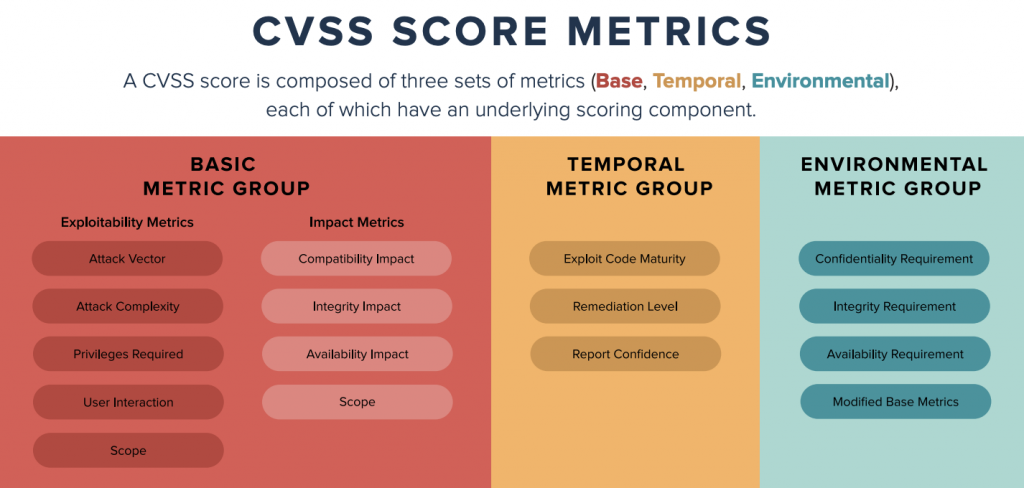Security Incident Response
Initial Source of Information
If you have any information about potential security events or incidents related to IP Fabric, please notify us in one of the following ways:
- Email:
security@ipfabric.ioorsupport@ipfabric.io - IP Fabric Help Center
In line with industry best practices, we also monitor standard data sources including (but not limited to):
- Mitre CVE database for software vulnerabilities
debian-securitymailing list- Internal monitoring (doesn’t cover customers’ deployments)
Classification
We use industry-standard CVSS scoring for the classification of reported/discovered vulnerabilities.
The timeline and escalation path are as follows:
| CVSS Score | Qualitative Rating | SLA Rating | Reaction Time | Escalation |
|---|---|---|---|---|
| 0.0 | None | |||
| 0.1 – 3.9 | Low | |||
| 4.0 – 6.9 | Medium | Normal | Next 2 working days | VPE, SRE |
| 7.0 – 8.9 | High | High | Next working day | CTO, VPE, SRE |
| 9.0 – 10.0 | Critical | Critical | Within 4 hours during business hours | CTO, VPE, SRE |
Note that we don’t show Remediation Time in this table, instead showing Reaction Time as a metric. It is hard to predict upfront time complexity of a particular issue or the availability of the solution (particularly in a third-party component on which there may be a dependency). Reaction Time refers to the time to reach a proposal for solving the issue with a time estimate.
Tracking
Every security incident has a tracking ticket, which contains:
- CVSS score
- CVE number/link (when applicable)
- Affected customers (if specific)
securitytag assigned
Additionally, the IP Fabric internal security Slack channel will be notified, with a dedicated channel created for a specific incident as necessary.
We select one person to be responsible for coordinating internal communication and to serve as an interface to the teams communicating directly with customers. Typical candidates include: DevOps TL, Head of Development, VPE, CTO.
